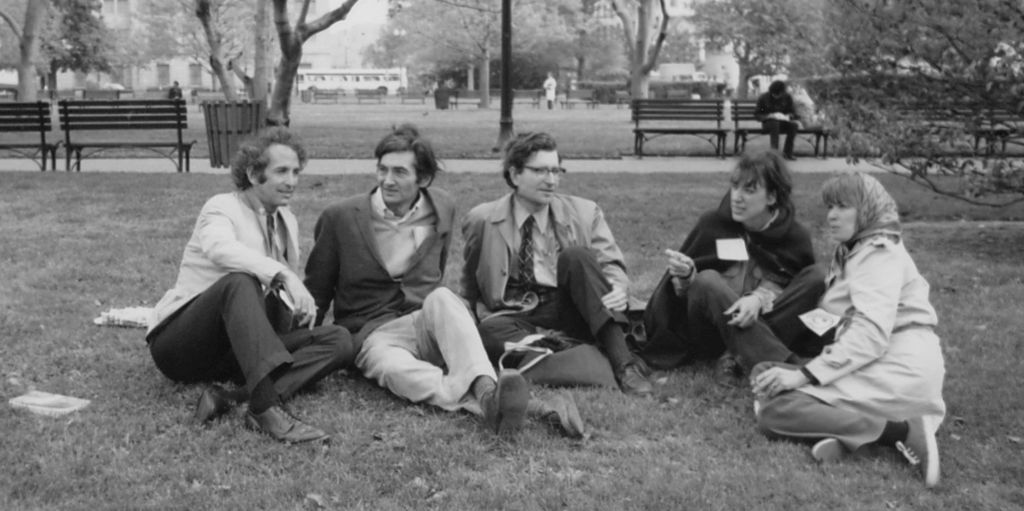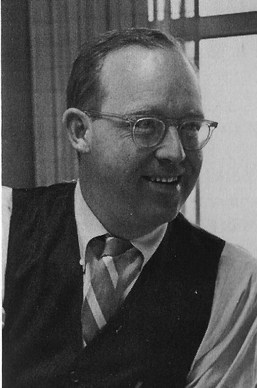Authors:
Historic Era: Era 10: Contemporary United States (1968 to the present)
Historic Theme:
Subject:
Summer 2021 | Volume 65, Issue 5


Authors:
Historic Era: Era 10: Contemporary United States (1968 to the present)
Historic Theme:
Subject:
Summer 2021 | Volume 65, Issue 5

The story was part accident, part reward for curiosity.
It began because my boss at the Boston Globe, the legendary editor Tom Winship, had a relentless interest in matters from the momentous to high-quality gossip. His newspaper was one of the first to question the conduct of the Vietnam War, and he insisted that I – a 25-year-old reporter in the paper’s Washington bureau – arrange a lunch roughly once a month with significant figures in the anti-war movement so he could have regular, direct exposure to the latest goings-on.
Around the first of that March in 1971, our guest at a popular Chinese joint in Cambridge was the renowned linguistics professor, Noam Chomsky, even then a go-to person in anti-war circles. At that time, the hot war story was a failed invasion into nominally neutral Laos by South Vietnamese forces directed by the United States.
The political temperature in this country was rising again.
At some point, Chomsky said there was a new arrival in Cambridge I should look up – someone who had been involved with the war at both the Pentagon and in Vietnam itself – an ex-Marine with a Harvard doctorate named Daniel Ellsberg, who had turned against the entire enterprise and was becoming increasingly active, having just written a long piece about the Laos mess in the New York Review of Books.

Ellsberg’s view was that, for 20 years, the steady Americanization of the Indochina conflict had followed a maddeningly consistent pattern – repeated escalation that was known by policy-makers and their expert advisors to be insufficient to “win” the war, but just enough to avoid “losing” it in the short run, all of which was accompanied by repeated lies to the public. He insisted that the syndrome was continuing under Richard Nixon and Henry Kissinger.
At some point, I remarked to him that his knowledge seemed extremely detailed, and that was when he suddenly began talking about the massive study he had worked on for some eight months in 1968. Until that moment, I thought I was having a long, get-acquainted talk with an interesting, experienced Vietnam hand; now,